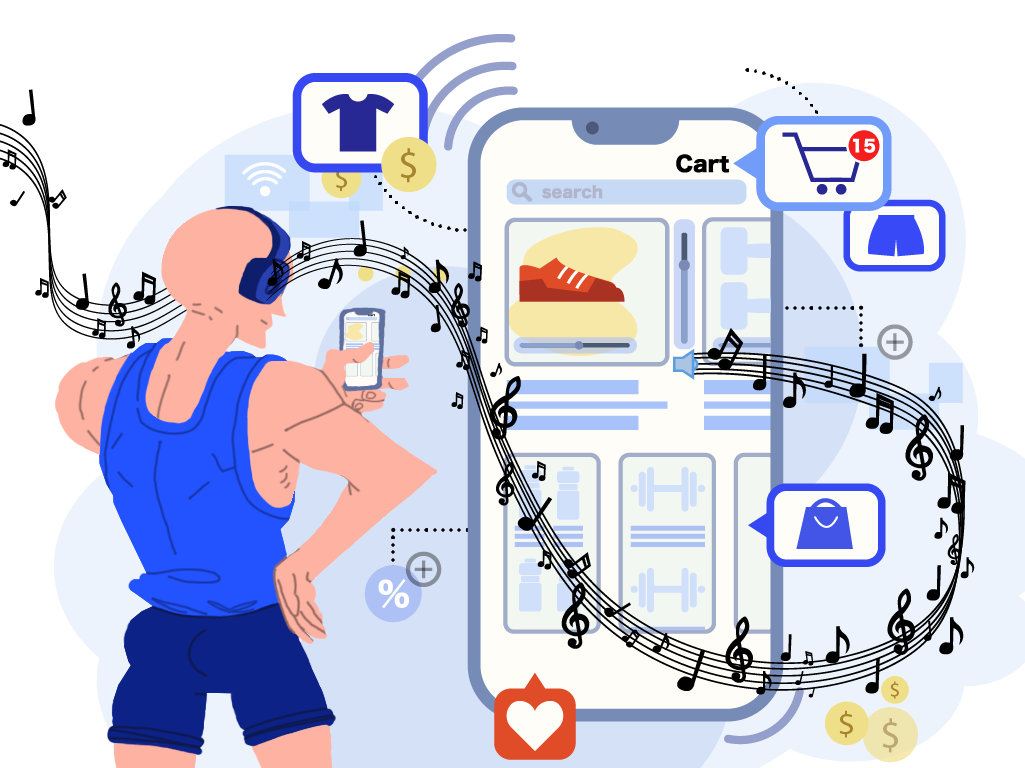For a song: Background music makes ads more effective, study says

You may not pay much attention to the background music playing in an ad, but new research suggests that it has more of an impact than you think.
Hyun-Woo Lee found that ads with background music elicit higher emotional arousal and attention level, as well as increased purchase intention and brand attitude than those without.
Lee is a sport management researcher and assistant professor in the Department of Health and Kinesiology with an interest in marketing and communication strategy in sport. He said many advertising studies have suggested that men and women process advertising messages differently, but no study has revealed the specific differences in sports advertising.
“There has been a dramatic increase in women participating in sports and countless advertisements of sports products exclusively for women, which drove us to conduct this research and fill in the gaps,” Lee said.
Lee and his team of researchers showed female participants a women’s running shoe ad and then used quantitative electroencephalography to measure their brain waves. They found that when played properly, female sports consumers respond positively.
“By finding that background music is a positive stimulus for increasing the effectiveness of sports advertisements, this study suggests that the appropriate use of music for sports advertisement producers and marketers can be effective,” Lee said.
A quantitative electroencephalography evaluates a person’s brain waves in real time determining the extent to which their brain wave patterns diverge from normal. Lee used this technique in the study, which is widely used in medicine and natural sciences.
More commonly social science researchers use psychometric measures, such as surveys. Lee said this technique can be difficult to capture people’s perceptions or emotions in real time because it must rely on memory.
By measuring brain waves and surveying participants he is confident that they provided strong evidence that background music has a convincing effect for sports advertising.
“Specifically, we found that EEG activity in the frontal lobe (the front part of the brain), which is heavily associated with our emotions, was increased by background music,” Lee said.

